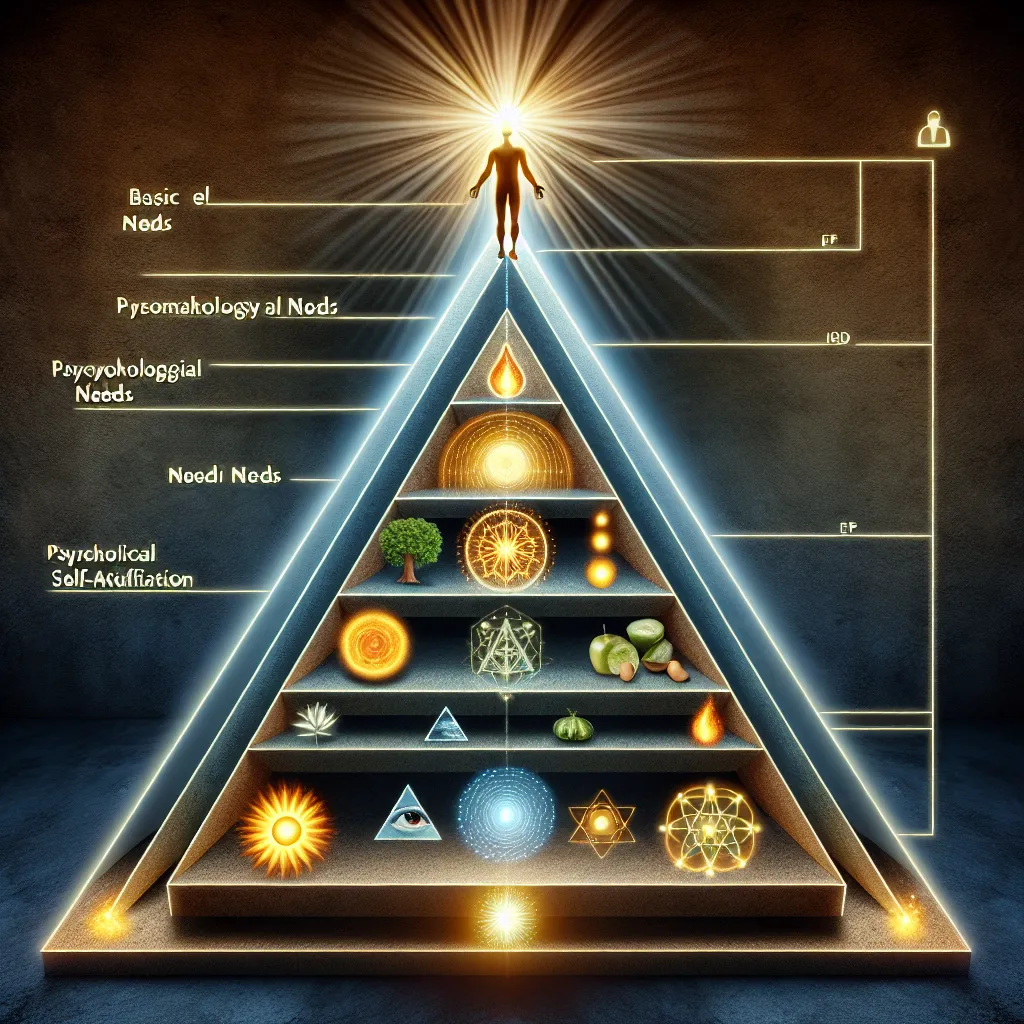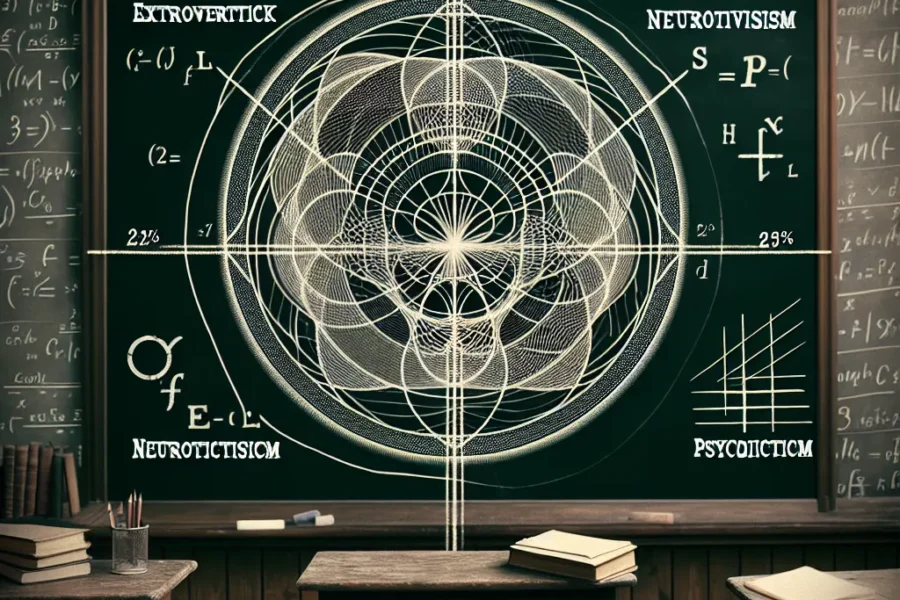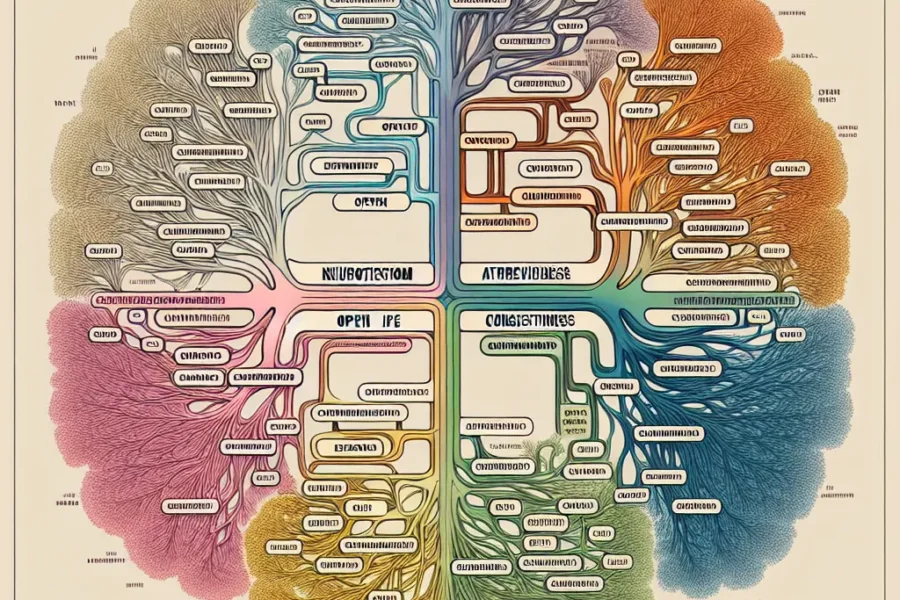Abraham Maslow’s Vision of Self-Actualization
In the realm of psychology, few theories have had as enduring an impact on personal development as Abraham Maslow’s concept of self-actualization. Rooted in humanistic psychology, Maslow’s hierarchy of needs, and specifically the pinnacle of that hierarchy, self-actualization, presents an inspirational vision for individual growth and fulfillment. It’s a journey towards realizing one’s fullest potential, encompassing a rich understanding of one’s identity, capabilities, and purpose.
What is Self-Actualization?
Self-actualization represents the highest level of Maslow’s pyramid of human needs. It is the process of becoming more and more what one is, to become everything that one is capable of becoming. According to Maslow, self-actualization is an intrinsic growth of what is already in the organism, or more accurately, of what the organism is.
This unique vision for personal development is not just about meeting basic needs or achieving goals. It’s about thriving. A self-actualized person embodies several characteristics such as creativity, problem-solving, authenticity, and a deep appreciation for the world around them.
The Journey to Self-Actualization
The pursuit of self-actualization is an individualistic journey. It is as unique as every person. According to Maslow, only a small percentage of people reach this level of self-development, and even then, it is not a permanent state but rather a series of moments or ‘peak experiences.’
To embark on this journey, one must first satisfy the more foundational needs outlined in Maslow’s hierarchy: physiological needs, safety needs, love and belonging needs, and esteem needs. Once these are fulfilled, an individual can focus on self-actualization.
Characteristics of Self-Actualized Individuals
Maslow’s extensive research highlighted several characteristics among self-actualized individuals. These included:
– Deep Acceptance of Reality: Self-actualized individuals accept themselves and others as they are. They have a non-hostile sense of humor, and tend to view life’s inconveniences with a calm perspective.
– Problem-Centered Focus: Instead of being focused on themselves, self-actualized people are often motivated by external problems and a sense of personal responsibility.
– Continual Freshness of Appreciation: A perpetual ability to appreciate the basic goods of life, a thrill at the simplicity, and an adventure into the experience of the world’s offering.
– Peak Experiences: These are transcendent moments of pure joy and elation which are common occurrences in the lives of self-actualized people.
– Autonomy: A self-actualized person is independent of the good opinion of others.
– Democratic Attitudes: They respect all people and may be seen as unprejudiced.
– Creativity: Creativity is a fundamental feature, as self-actualized individuals have fresh perceptions that guide their actions in novel and inventive ways.
Developing Self-Actualization
Although perceived as a difficult summit to reach, there are ways to nurture self-actualization within oneself:
1. Cultivate Awareness: Self-awareness is key. Understand your strengths, weaknesses, thoughts, beliefs, motivation, and desires.
2. Accept Yourself: Recognize your human-ness, with all your flaws and unique qualities.
3. Take Responsibility: Understand that you are the architect of your life and take responsibility for your decisions and their consequences.
4. Experience Life Fully: Embrace every moment, whether it’s joyful or difficult. Live in the present, and be open to new experiences.
5. Remain Honest: Be truthful to yourself, and let your actions and words align with your values and beliefs.
6. Prioritize Growth: Invest in your own growth, mentally, emotionally, and intellectually.
7. Be Resilient: Learn to bounce back from failures and setbacks, and see adversity as an opportunity to grow.
Implications on Society
Maslow’s vision of self-actualization does not just hold value on an individual level but also has broader societal implications. It fosters an ideal where members of a society strive to reach their highest potential, contribute uniquely to the world, and in doing so, help to create conditions that allow others to fulfill their own potential. This pursuit could lead to a more harmonious and creatively satisfied society.
The Role of Self-Actualization in Today’s World
In modern society, discussions around personal growth and self-improvement are prevalent. Self-actualization still resonates today as an ultimate goal. With the rise of mental health awareness, there is a greater understanding of the importance of holistic well-being, which includes striving for personal fulfillment along the lines Maslow laid out.
Moreover, as the workplace evolves, organizations are beginning to see the value in helping employees pursue their own levels of self-actualization, recognizing that the fulfillment of personal potential often translates into professional excellence and innovation.
Challenges in Self-Actualization
Despite these positive attributes, achieving self-actualization is a challenge. Life’s practicalities often necessitate the prioritization of more immediate and basic needs. Furthermore, societal pressures and the comparison with others can derail the pursuit of personal authenticity and fulfillment.
Additionally, there is some criticism of the self-actualization theory, such as it being a culturally biased construct that may not hold the same significance or be as readily attainable in different parts of the world.
Conclusion
Abraham Maslow’s vision of self-actualization remains a powerful construct in the pursuit of personal development. It is a journey that requires mettle, introspection, and a commitment to continual growth. While the path may not be easily navigable, and may even seem elusive at times, its allure lies in the pursuit rather than the destination.
Self-actualization is as much a mindset as a state of being, a philosophy that champions the human potential and encourages a life lived with purpose, fulfillment, and a constant quest for personal evolution. As we navigate the complexities of our lives, the quest for self-actualization offers a guiding star, illuminating the possibility of what we can become when we dare to reach for our personal best.



Leave a Comment